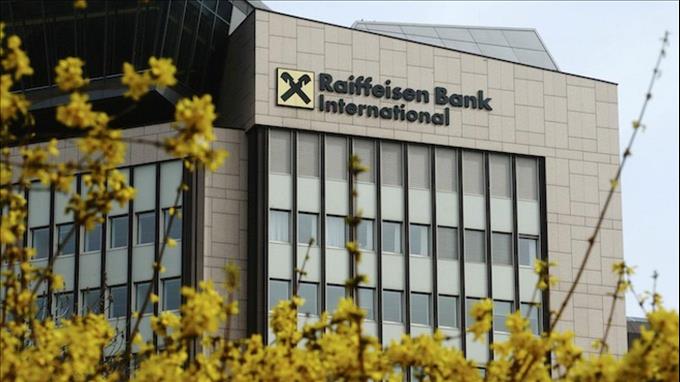In its annual report released on Thursday, Raiffeisen Bank International, an Austrian banking institution, disclosed that it is currently under scrutiny by Austria’s financial watchdog, the Financial Market Authority (FMA), for potential lapses in anti-money laundering protocols.
Raiffeisen, an Austrian Bank, Is Being Probed for Money Laundering

The investigation focuses on adherence to the critical “know-your-customer” (KYC) regulations, which serve as a fundamental measure against money laundering activities.
This development occurs amidst additional investigations by the United States Treasury Department’s Office of Foreign Assets Control (OFAC), making Raiffeisen, the leading Western bank operating in Russia, a subject of international regulatory attention.
According to a source familiar with the situation, the Austrian probe is examining transactions related to Russia and data exposed by the International Consortium of Investigative Journalists in their “Cyprus Confidential” investigation.
A representative for Raiffeisen Bank International stated that the bank was notified about the regulator’s findings in January and plans to contest any imposed fines, although no penalties have been finalised. The spokesperson highlighted that the scrutiny pertains to transactions dated up to the year 2020.
Don’t miss out the latest news, subscribe to LeapRate’s newsletter
The bank’s annual report mentioned that the FMA’s investigation is centred on transactions processed for three clients between 2017 and 2020, an inquiry that might culminate in financial penalties.
Raiffeisen was informed of this investigation at the start of 2023 and noted in the report that the FMA found the bank did not fully meet its administrative duties.
Furthermore, Raiffeisen Bank International provided insights into the ongoing U.S. investigation, detailing efforts by the Office of Foreign Assets Control (OFAC) to examine the bank’s transactions through U.S. correspondent banks in the context of recent events involving Russia and Ukraine.
The bank acknowledged that violations of U.S. sanctions could lead to penalties, account freezes, or severance of ties with U.S. correspondent banks.